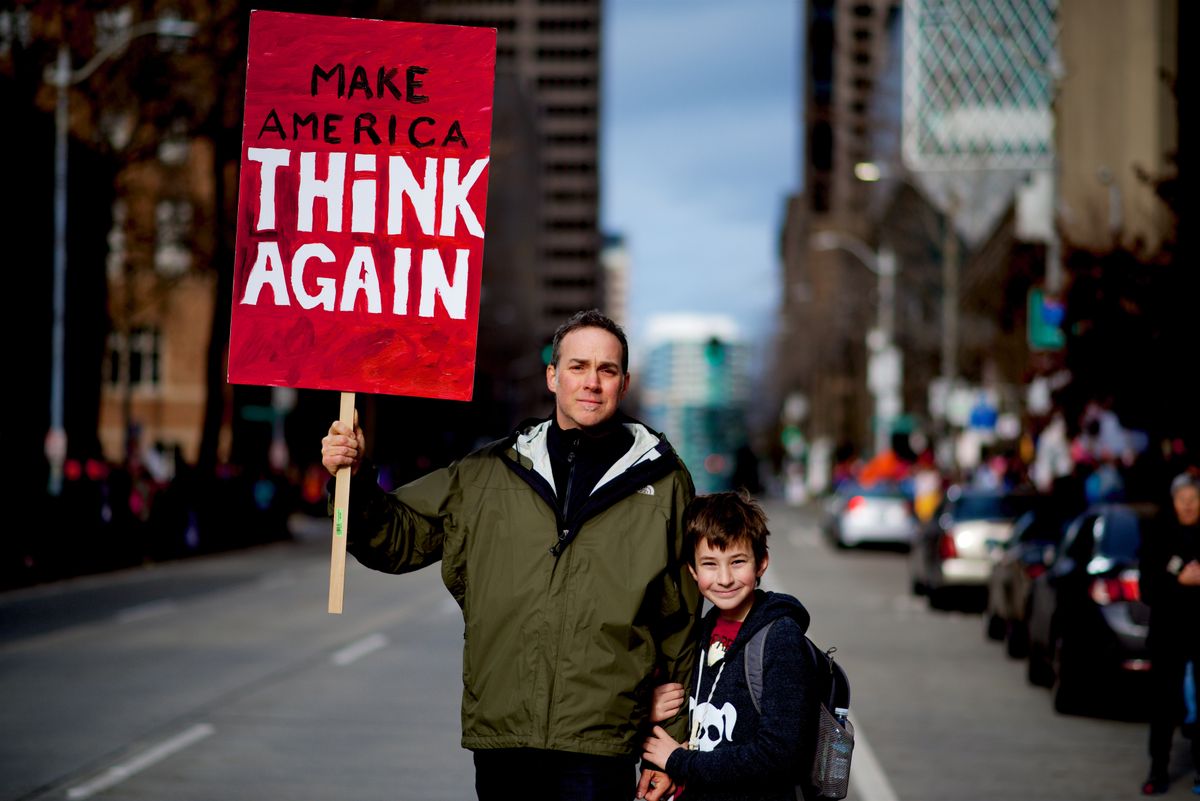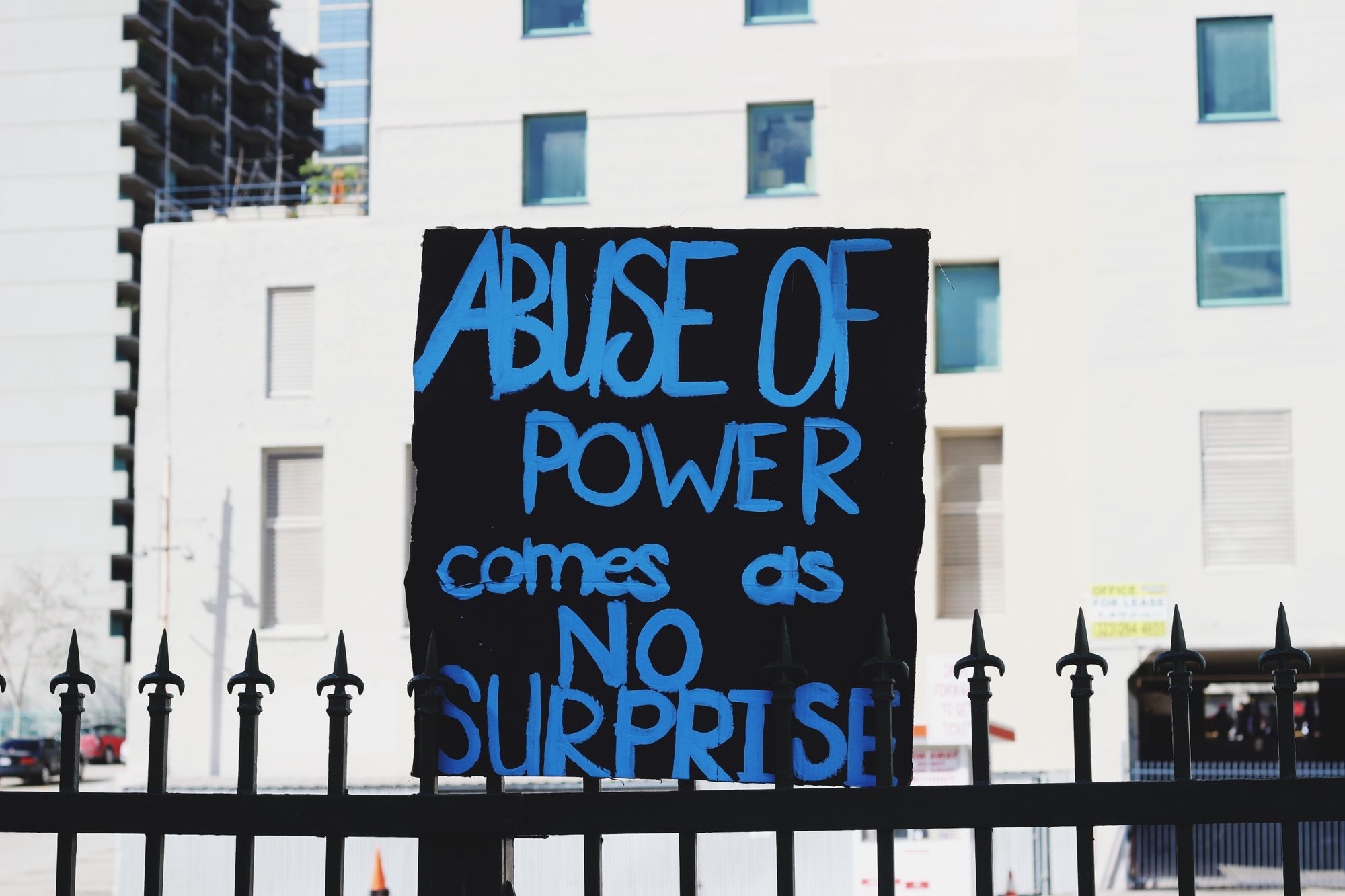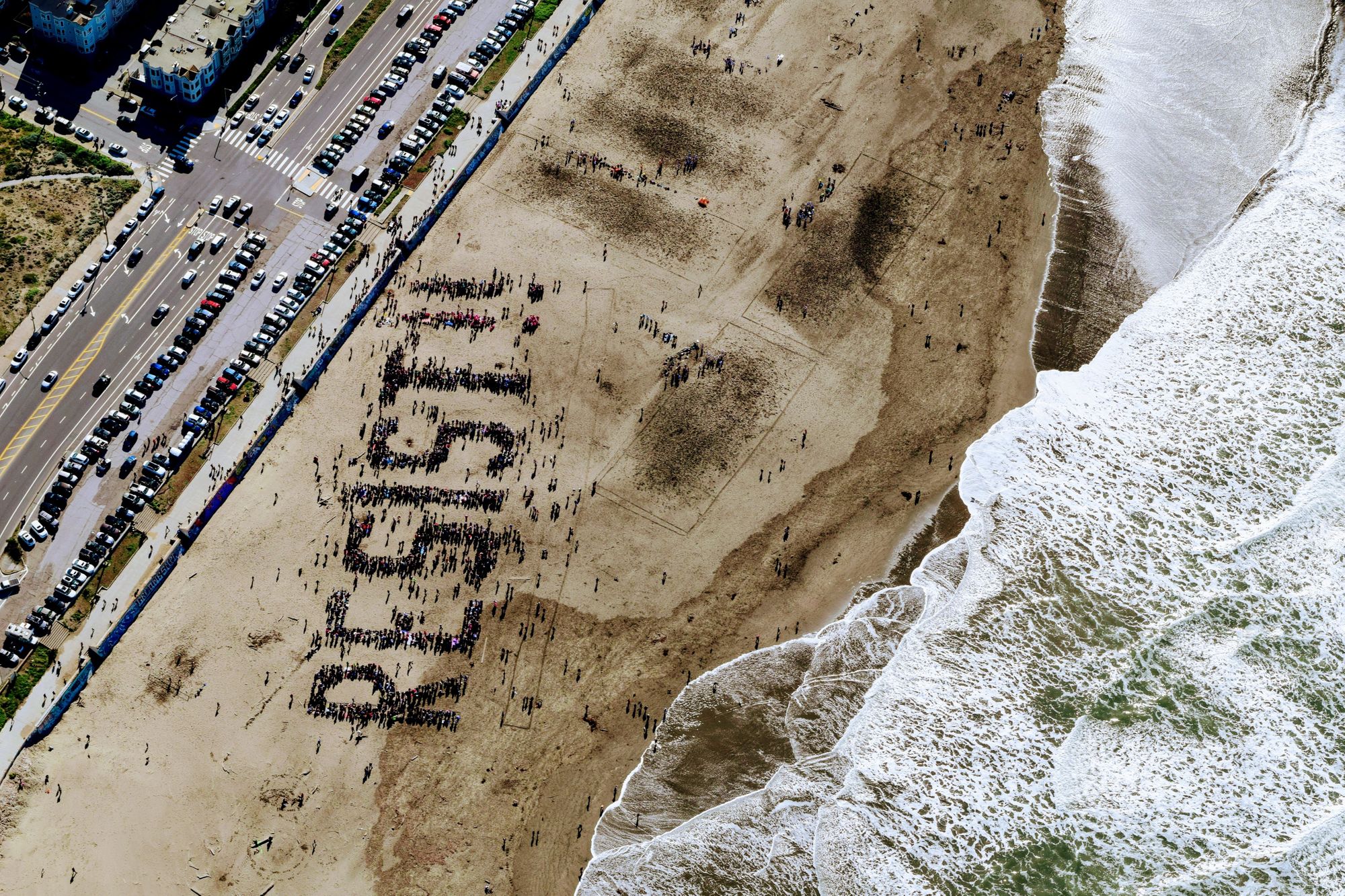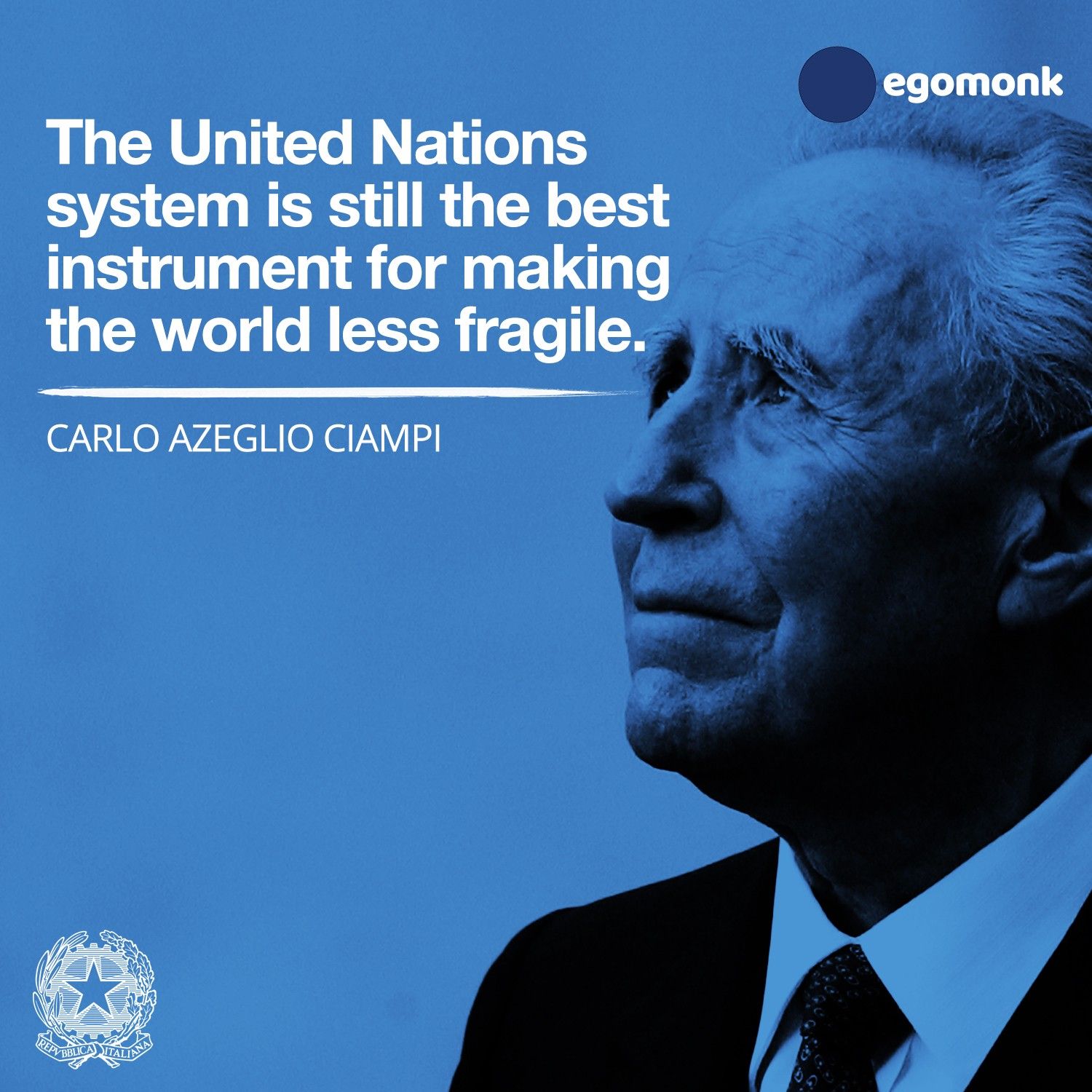UNGA #72
As the 72nd session of the UN General Assembly kicks off here in New York I can’t help but wonder about the state of the free world.

The State of the Free World.
As the 72nd session of the UN General Assembly kicks off here in New York I can’t help but wonder about the state of the free world. The unprecedented growth of misinformation over the past few years has bred or perhaps exposed our deep-seated intolerance and hate.
Fake news and physical violence are only the byproducts of this well-oiled propaganda machine and disguise the real issue of weak political leadership. This gap has given rise to a socio-cultural environment where the default rhetoric has moved away from inclusivity to exclusivity; integration to separation; hope to fear. And it is now acceptable to consider and accomplish personal victory at the cost of others.

Collaboration has seceded to protectionism.
The United States of America is the land of opportunity but growing wealth inequality has hit the polity hard and redrawn the boundaries of both the political landscape and its discourse. The simmering discontentment of the American people has had ripple effects globally with particularly severe consequences on the global role of the US as a champion of justice, freedom and economic development. Long standing pro-globalization policies have made way for reactionary divisive ones that signal zero political will. This shift is rooted in zero sum thinking because it doesn’t subscribe to a worldview of abundance. It is a reductionist approach to operating in the free world and such a mindset creates an environment of mistrust because it only prioritizes our interests over those of our allies. This is an extremely harmful practice since it is able to systematically and irreversibly unravel past shared accomplishments. However, this juncture can also serve as an inflection point where reforms can be introduced and implemented.

Sustainable Development Goals are our rallying cry!
The United Nations is 72 years old and desperately in need of reform. A rollback of its scope or budget in such a challenging global environment is definitely not the solution but its influence and effectiveness in grappling with modern crises has been waning. Financial austerity does not work but practicing emotional and social austerity is a wholly irresponsible approach towards policy development and global responsibility. In this context, the SDGs become doubly important because they become our rallying cry to not only realize a better world by 2030 but to implement a complete overhaul of a new radically transparent and agile UN.

We must demand greater accountability from our leaders, governments, multilateral organizations and the UN. And so our work starts today.